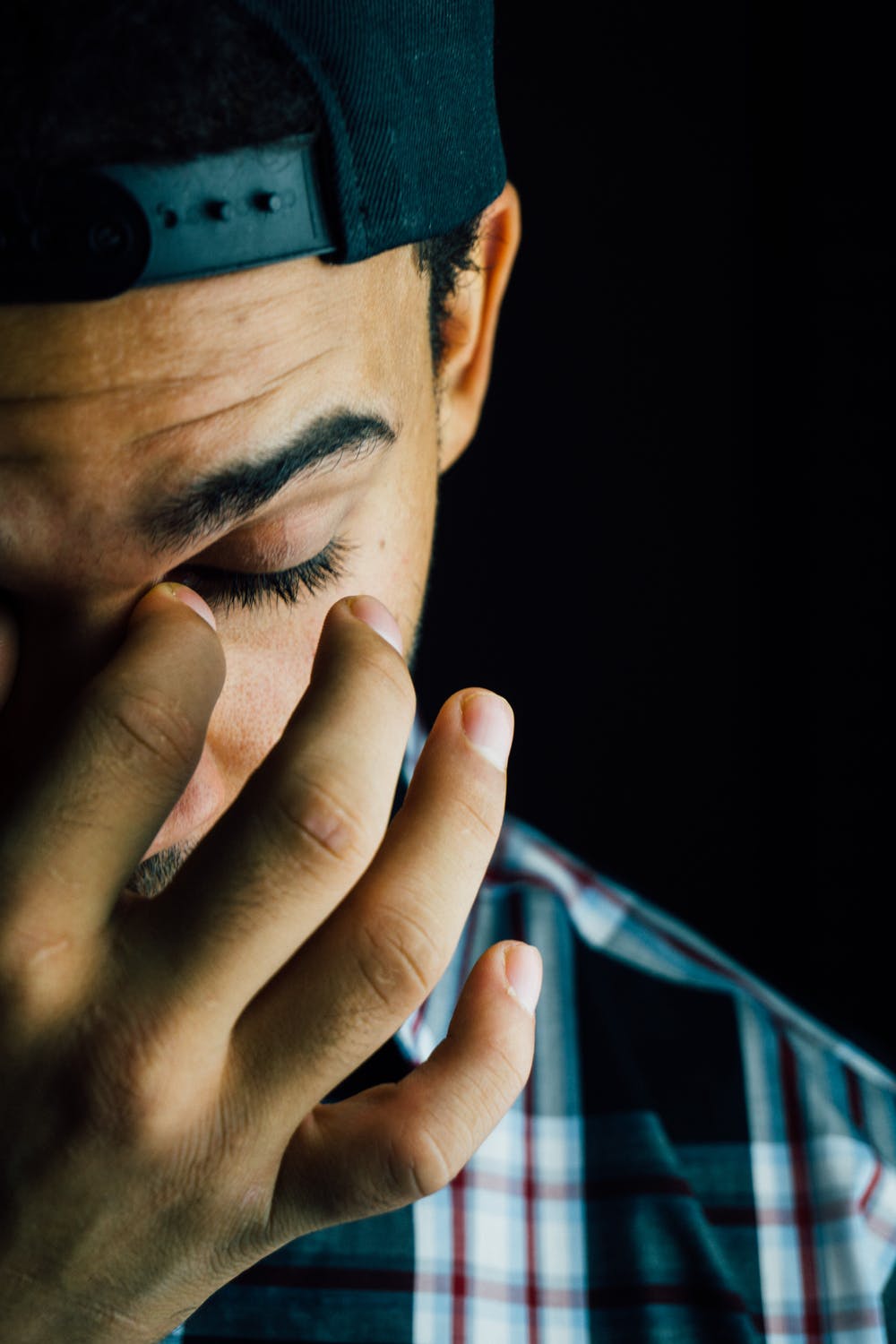No word can define the extent of happiness when you finally hear that your child is coming back home from a residential rehabilitation center after recovering from years of addiction. But behind that happy face lie many worries and fear also pulsates your heart along with joy. Besides feeling joyful on the return of your child, you also end up thinking: now what? Is all your struggle going to pay off? Are all the dark moments really over? What if things will come back to zero?
It is natural to have all these worrying thoughts, and the worst thing is that these worrying thoughts can actually come true. That’s why you still have to be careful. Your duty doesn’t end after sending your child to a recovery center. It continues even after your child comes home after undergoing rehabilitation.
After coming back from addiction rehabs, people come back to the same world. The world with the same temptations, problems, anxieties, and ambiance. So, there is always the possibility of relapse. Here is what you can do as a parent to avoid it:
Change Home Environment:
It might be difficult for your child to step into a place where he/she has spent one of the most miserable, painful, and dark moments of life. The same environment can remind them of their dreadful past, which can push them in depression. They might end up finding refuge in addiction to escape from this depression – things might come back to zero. Which obviously, you can’t dare to think.
It is better to bring changes in the environment of the home. Well, you don’t have to renovate your home altogether. Some minor changes in the home, especially in your child’s room can cast a much better impact on the mental well-being of the child.
Also, you should work on lifting the mood of your home. Make it more cheerful, friendly, optimistic, and healthy. It will have a positive impact on sobriety struggle of your child.
Look What You Talk:
Human minds are complex; you never know which conversation, sentence, or a word ends up pricking brain of your loved one. It can have very long-lasting consequences, significantly for sensitive people. And nobody is sensitive more than the one struggle to remain sober after rehabilitation.
Besides compiling a to-do list, you should also keep a check on your conversation, actions, and gestures. Don’t do or say anything that hurts your struggling kid, or triggers them to again find refuge in addiction.
Don’t Judge Them:
Let’s admit: you can’t forget the hard time you faced due to your child’s addiction. Those sleepless nights, miserable ambiance of home, hours of self-blaming, and crumbling life still haunt you. And you feel that you can’t trust your child again, at least not immediately. It is understandable! It is difficult to trust somebody who has given you deep wounds, even if it’s your child.
But you don’t have to show it to your child. You don’t know, but former addicts also have trust issues. They also doubt themselves – their every day is filled with fear, every night is haunting, and every morning dawns with new ifs and buts. Your distrust will make them weaker, and it will not have positive consequences.
Even if you keep an eye on them, do it subtly. Check their belongings, but without their knowledge. Show your trust, make them strong, and you will see the difference.
A person struggling to remain sober can’t stabilize alone. He needs the support of family, friends, and close people. Being a parent, you hold the biggest responsibility to help your child remain sober after coming back home from a rehab center. It might be difficult, but you have to do it for your child and family’s good.







